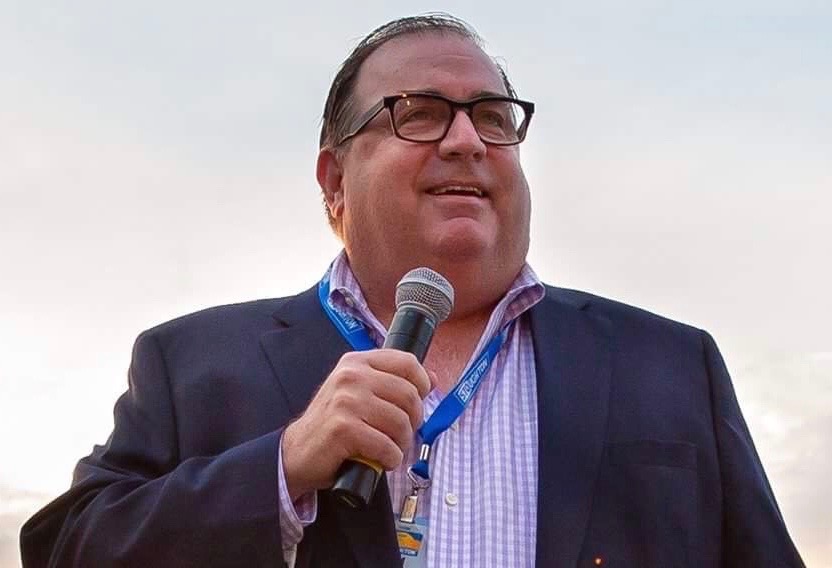| Addiction Treatment Industry Newswire |
 02/28/2014 -ATIN – In a state that is besieged with addictions problems, but also besieged with schools budgetary battles due to changed funding calculations formulas, voters in a small Vermont town are contemplating whether or not to yank an important financial underpinning from under one of the state’s top non-profit addiction treatment institutions. Maple Leaf Farm, Vermont’s premiere non-profit residential addiction treatment facility, may lose its key property tax exemption if residents in the town of Underhill decide that the need to fund schools is a greater than providing the property tax subsidy for addiction treatment services, a subsidy that many thousands of treatment non-profits across the country see as an absolutely fundamental public contribution to the finances of addiction treatment and without which continued operation for many addictions centers would prove difficult indeed. 02/28/2014 -ATIN – In a state that is besieged with addictions problems, but also besieged with schools budgetary battles due to changed funding calculations formulas, voters in a small Vermont town are contemplating whether or not to yank an important financial underpinning from under one of the state’s top non-profit addiction treatment institutions. Maple Leaf Farm, Vermont’s premiere non-profit residential addiction treatment facility, may lose its key property tax exemption if residents in the town of Underhill decide that the need to fund schools is a greater than providing the property tax subsidy for addiction treatment services, a subsidy that many thousands of treatment non-profits across the country see as an absolutely fundamental public contribution to the finances of addiction treatment and without which continued operation for many addictions centers would prove difficult indeed.
Many Battles This is far from the first time that a non-profit addiction treatment institution has run into trouble claiming the tax exemption subsidy typically afforded by local residents and officials, who are often anxious to encourage the provision of valuable and sometimes highly critical social and charitable services provided by addictions centers. Problems, however, begin to arise when local, state and even federal authorities begin to feel gypped when they are deprived of much needed tax dollars while the institutions being subsidized by the non-profit tax break sometimes appear to behave more like for-profits. The Case of Maple Leaf Farm
Surging Non-Profit Med Surges What has been particularly galling, critics say, is the proliferation of very large and rapidly expanding medical surgical healthcare systems that pay their executives enormous salaries and sometimes literally provide virtually zero charity care to the poor and needy, thus providing little in the way of help for overburdened municipal and county health care providers. A example of this type of situation is in Chicago with its huge and enormously highly regarded health system Northwestern Memorial, which for decades has been gobbling up and redeveloping massive swaths of highly valuable property in the city’s swank North Side Gold Coast neighborhood; all the while virtually abandoning businesses like mental health and addictions for which it is very difficult to get paid on the commercial payor side and for which public payors remunerate at often extremely low levels. For-Profit Non Profits Years ago, Hazelden ran into some trouble, in Chicago as well, after buying a very valuable piece of property in the Gold Coast area of the city, the former Russian Consulate. A local judge was not inclined to grant tax exemptions to Hazelden, which in its mission statements made little effort to claim that it goal is a charitable one in terms of providing care for the needy. And in fact the Chicago judge denied Hazelden its local tax exemption. The decision was overturned on appeal and Hazelden ultimately did get its exemption. But Hazelden is far from the only addictions non-profit catering to a high end clientele to have its tax exception challenged, and often agreements have been reached with local authorities for the non-profits to contribute some form of compensation to help pay for fire protection, police security and the like. read our report on Maple Leaf’s recent efforts to expand read our report on the Vermont governor’s pioneering addictions address POST YOUR COMMENTS BELOW… start a debate! Got Addiction News? …TELL US! |


 But with the huge problem of
But with the huge problem of 







